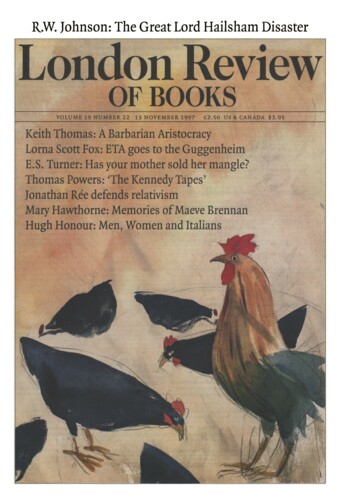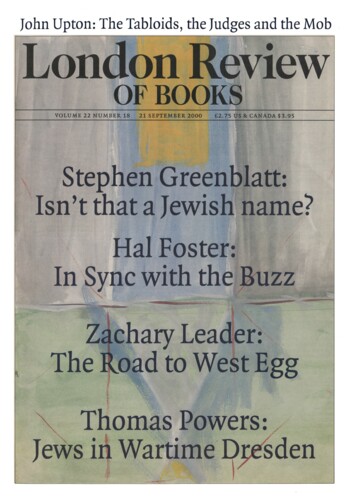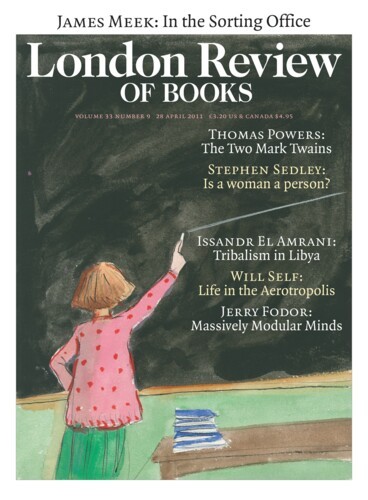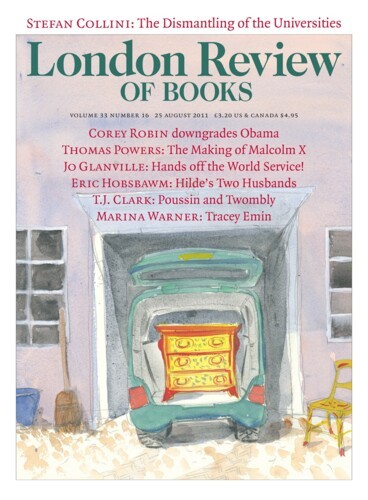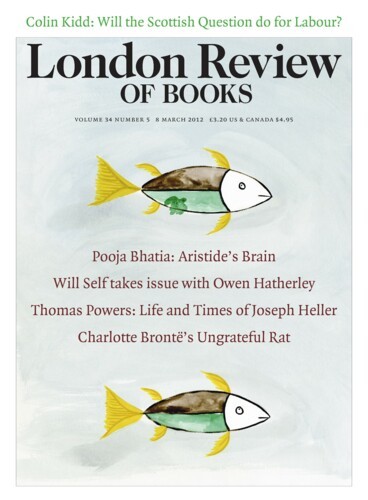And after we’ve struck Cuba?
Thomas Powers, 13 November 1997
October 1962 was not August 1914 because John Kennedy had learned the lessons of Munich, which may be summarised as follows: get angry in private, think before you speak, say what you want, make clear what you’re prepared to do, ignore bluster, repeat yourself as often as necessary and keep the pressure on. Where Kennedy learned the mixture of forbearance and resolution which lies at the heart of international peace and good marriages is a mystery; his mother and father were no better at solving problems than Neville Chamberlain and Adolf Hitler. But two new books about the Cuban missile crisis show how, in a pinch, Kennedy managed to keep a serious argument from slipping out of control.
